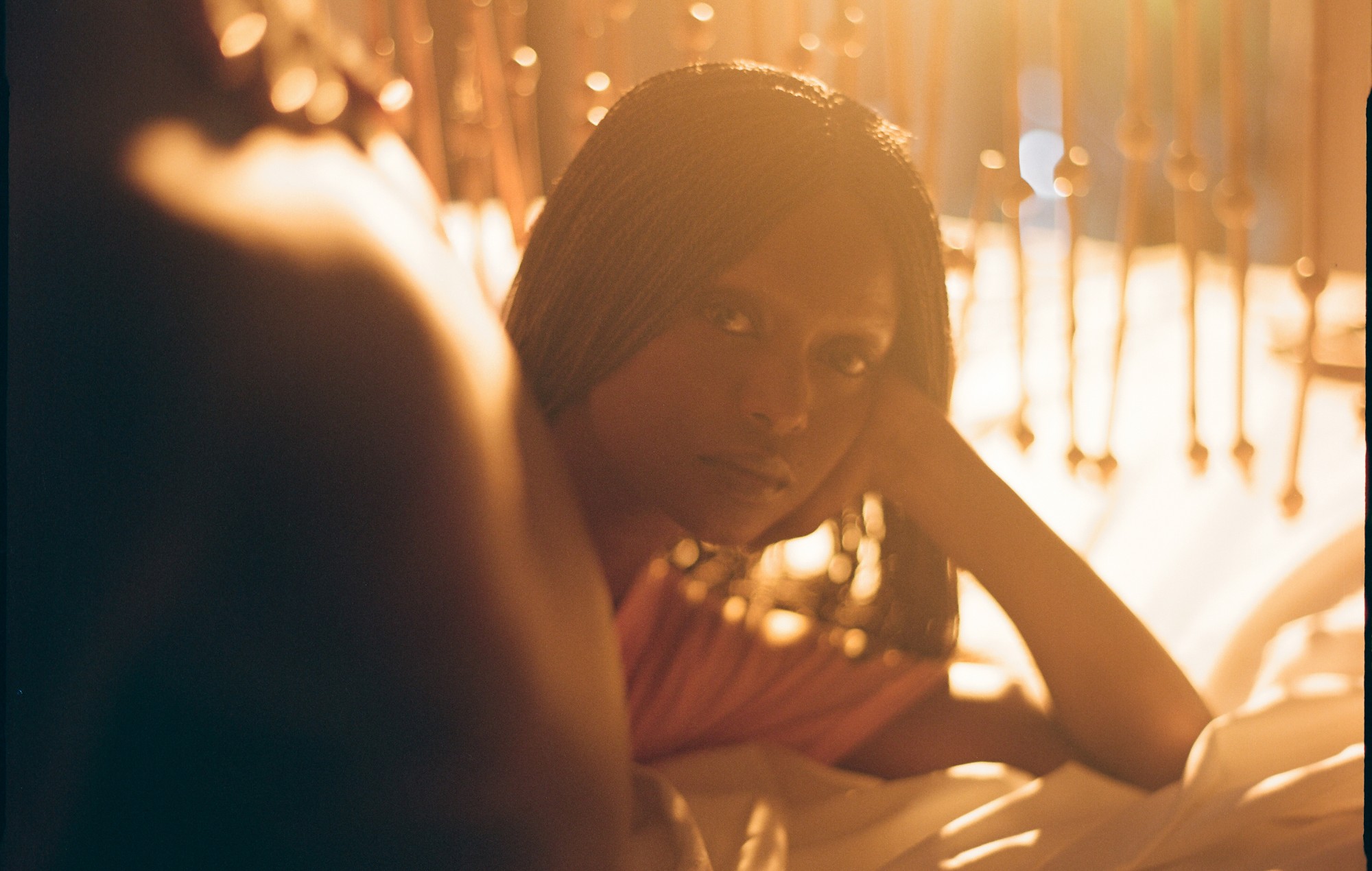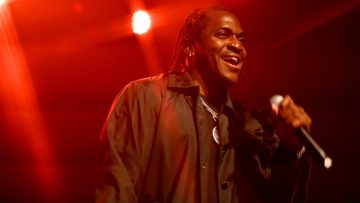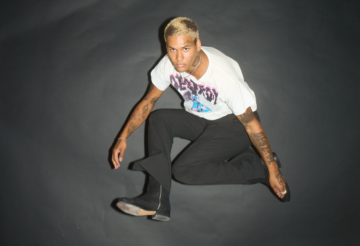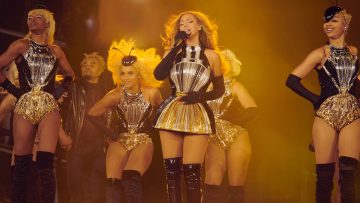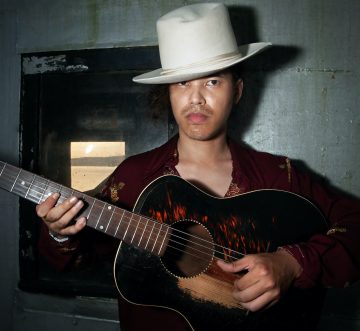★★★★☆
The 15-track Raven offers a rich blend of electronic dance instrumentals, ranging from breakbeat to booming techno, with a firm devotion to dance’s origins in black, queer culture weaved through the album. By assembling a close-knit production squad of modern dance music’s most acclaimed and enigmatic producers – Yo Van Lenz, Bambii, LSDXOXO and Asma Maroof (to name a few) – the project was pretty much already set to be a triumph before it was even made.
Its poetic opener ‘Washed Away’ adopts whirring synths to emulate the sound of a flowing tide, with Kelela’s repeated echoed, siren-like wails of “Washed away / Far away” inferring some kind of spiritual cleansing.
This “far away” lyric effortlessly features in the first line of the next track, ‘Happy Ending’, and is threaded throughout the album thematically, though “not on purpose”, according to the singer in a recent interview with the Guardian. This only testifies to the intuitive, free-flowing style of Kelela’s craft and honesty, with “far away” describing distance in its multiple facets of meaning – whether that in romantic relationships or self-identity.
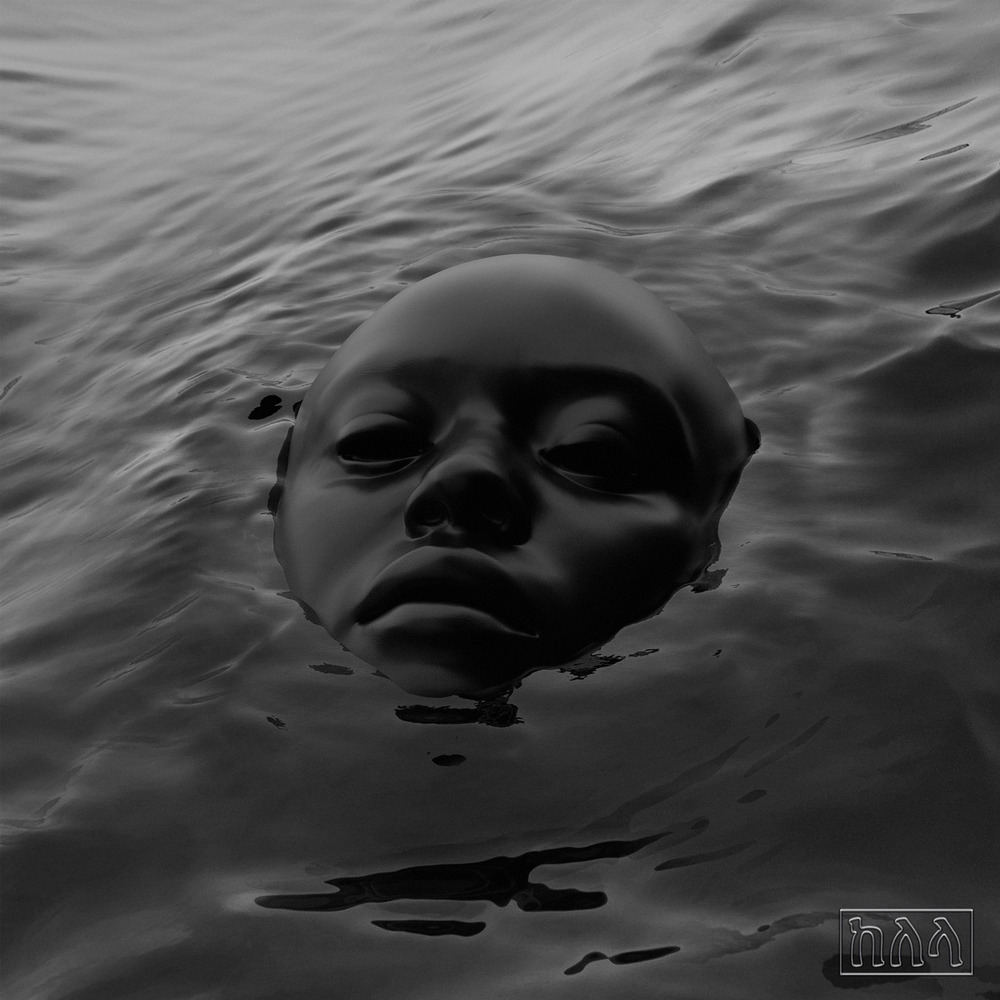
The drum and bass banger ‘Happy Ending’ very much puts the rave in Raven and sets the tone for the majority of the first leg of the album, continuing with the futuristic ‘Missed Call’ and ‘Contact’, both heavily furnished with a breakbeat backing and the Kaytranada-produced and dancehall-inspired ‘On The Run’, with a lyrical nod of “you know I’m all the way down” to track ‘All the Way Down’ from 2015 mixtape Hallucinogen. She affirms her adoration for the club scene and how it liberates the body by repeatedly painting imagery of the sweaty dancefloor throughout the tracklist.
The Kelela we already know and love is well and truly reinstated as she returns continuously to the foundations that make up her genius. You can hear these roots, especially on the nineties R&B-style, sultry cuts, ‘Let It Go’ and ‘Closure’, with a surprise verse from Rahrah Gabor.
Thematically, she’s completely herself too, exploring the moments and feelings of relationships with her constantly evolving reactions to control, power, love and lust – fluctuating from the obsessive ‘On The Run’, hunting down a lover, to the following track ‘Missed Call’, assessing the what-could-be and whether to take the leap of faith. Each opposing emotion feels like the natural rollercoaster of emotions conjured up from romantic love.
An abrupt turn is taken on the eighth cut, ‘Fooley’, making the tummy-churning transition from the bliss of the rave to the haunting creep-in of a come-down. As an album of two acts, the second moves away from concerns of love to identity within a marginalising society and demands to be heard.
‘Fooley’ feels like a reaction to ‘Washed Away’ as Kelela’s feathery vocals repeat the line “far away from sorrow” – but, paired with thundery synths, this feels more like a yearning desire for this destination than a present state of solace.
Kelela describes the album as “an affirmation of black femme perspective in the midst of systemic erasure and the sound of our vulnerability turned to power”. This flip on vulnerability is palpable on the slurred techno tracks ‘Holier’, ‘Bruises’ and title track ‘Raven’, where Kelela recites lines, each a new declaration of abstract but personal defiance, taking no shit and establishing a sense of belonging on your own terms – with poignant one-lines like Bruises’ “I changed my fate and my girl did the same / We came to destroy” and Raven’s “There’s nothing here to mourn / Your silence lasts so long”.
She speaks her truth with a fresh approach, not necessarily laying it all out explicitly in her lyrics but moreover through moods, through her intently crafted and layered rhythms. Her words merely act as nudges in the right direction to the emotion she’s trying to convey.
This second half, as the post-rave feels like the memories and afterthoughts of the first act, deliver the underbelly of the emotions she describes in her more upbeat lyrics. This can be heard on the pensive ‘Sorbet, which slowly builds towards an echoed version of the pre-chorus to ‘Contact’, over a much sparser percussion. From ‘Sorbet’ through to ‘Enough for Love’, the album returns to the relationship discussed on earlier dance tracks but with more self-defiance, perhaps in reaction to the newly set boundaries on ‘Holier’ through to ‘Raven’.
The project closes with ‘Far Away’, a duplicate of the album’s opener to cleanse the listener once again, as Kelela delivers soaring but slurred vocals, almost emulating the improvisational style heard in jazz music, previously cited as a huge inspiration to the singer.
Raven is a complete victory for Kelela. Each of the fifteen powerful cuts on this project deserves its seat at the table, whether they make you think, or dance, or dance and think, all making up the DNA of the album, of Black and queer liberation. The six-year wait was truly worth all the patience it required.

